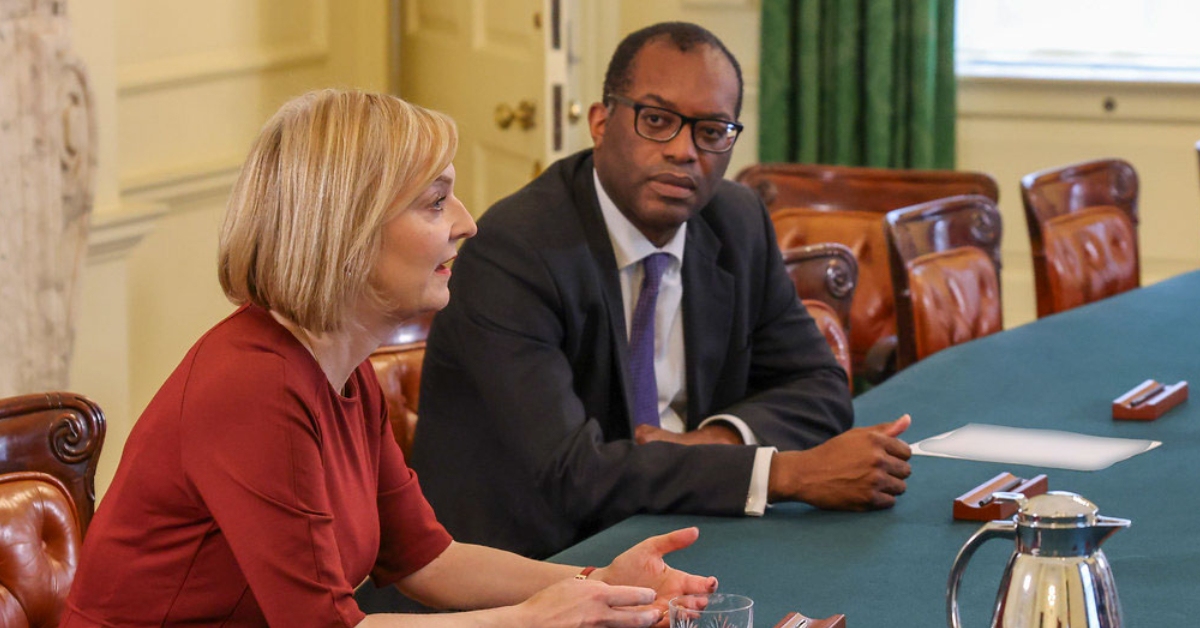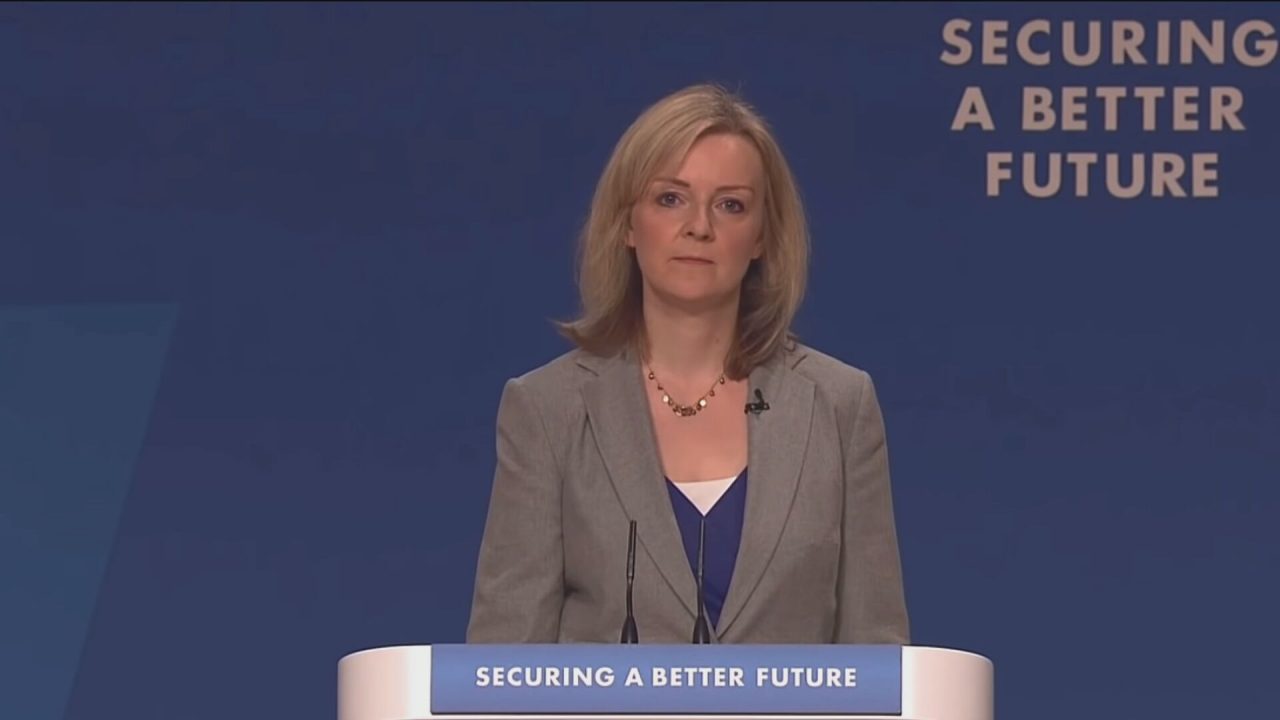It was always going to be the case that there would be no honeymoon for the new Prime Minister. The urgency of the cost-of-living crisis was such that the bunker mentality was all pervasive the moment she entered number 10.
What was not predictable however was the ‘new’ government would be plunged into a state of turmoil within days and all of it totally the work of its own hands.
Kwasi Kwarteng’s mini budget (it was nothing of the sort) has convulsed markets, led to an unprecedented rebuke from the International Monetary Fund, panicked Tory MPs, frustrated the Bank of England and induced panic among mortgage holders.
It is as spectacular an own goal as it is possible for a government to score and one made all the more serious as it threatens to shred the credibility of the Truss government almost before it does anything.
There are sometimes events from which governments do not recover. It is too early to judge if this is such a moment akin to Black Wednesday when John Major’s Conservative government lost all credibility and from which it never recovered.
There is a group scarier than the IMF, the monetary policy committee of the Bank of England, disgruntled City traders et al and that is the voters.
If the millions who might face crippling mortgage repayments get it into their heads that this was caused by last Friday’s announcement, then in the words of the Labour Leader, electors might vote to the mantra, ‘don’t forget and don’t forgive’.
The raison d’être of last Friday was tax cuts to grow the economy and yet it might have the exact opposite effect and bury the electoral prospects of the government in the process.
 Flickr
FlickrA modest cut in income tax won’t compensate for higher mortgage repayments or higher rates on bank loans. People will be paradoxically worse off as the actions of the central bank to squeeze inflation out of the system render meaningless a central tenet of Trussonomics.
What baffles critics is the sheer ineptitude of the announcement compounded over the weekend as the Chancellor declared that even more tax cuts are on the way.
In the absence of any plan detailing how this will be paid for, the markets have become jittery and a crisis threatens to envelop sterling.
Yes, markets are irrational on occasions and work on psychology as much as hard economics. Yes they often correct trends and sometimes fairly quickly. Panic responses sometimes might do more harm than good. These are certainly the main arguments being made by those who believe the government got last Friday exactly right.
And yet the list of detractors is formidable. The IMF rebuke about growing inequality is the kind of observation it normally reserves for emerging economies who do daft things. Last evening’s commentary by exocet should cause any government to stop and think.
The Bank of England’s Chief economist in not so coded language yesterday signalled a large hike in interest rates in November. Tables detailing possible new payments broadcast on news programmes will have panicked viewers.
It would be the ultimate irony if, having spent tens of billions holding down energy bills, the government is forced to act to prevent mass repossession of properties unaffordable in part because of the fiscal policies they have pursued.
The UK government will now commit in November to say how it will manage the levels of national debt in the medium to longer term.
If it eventually ditches borrowing and rules out increasing tax then we are back to the policy both Theresa May and Boris Johnson insisted was dead: austerity.
But the cuts to public spending required to balance the books could make the George Osborne era look like a period of largesse.
And that is why, given how much expenditure goes on the National Health Service, a former Deputy Governor of the Bank of England told Sky News yesterday that the boundaries of the state could be so clipped that the NHS might not survive intact.
A question which is also too early to answer is whether the Prime Minister has the intellectual and emotional energy for such a crisis? I may have missed something in the last six days but where is she?
Next week sees the Conservative Party conference and Liz Truss will address a nervous faithful on Wedesday. Already there is something of a crisis surrounding not only the conference but the new Prime Minister’s speech.
She is not a great speaker at the best of times and lacks a natural authority. Quite simply she needs to deliver the speech of her life, help soothe concerns over the economic direction of travel she plans to take and persuade the country that the economy is safe in her hands.
Remember. She is where she is precisely because Tory party members believe she is the person best placed to keep Labour out of power.
Next week she will be hoping that members don’t crowd the bars and ask furtively, what have we done?
Follow STV News on WhatsApp
Scan the QR code on your mobile device for all the latest news from around the country


 STV News
STV News

























